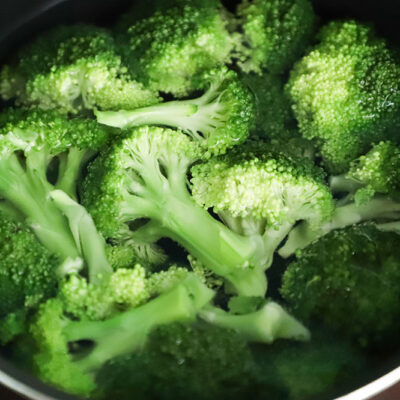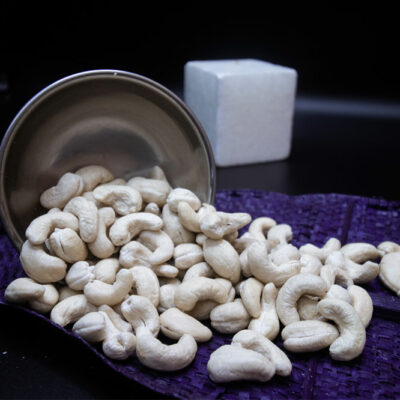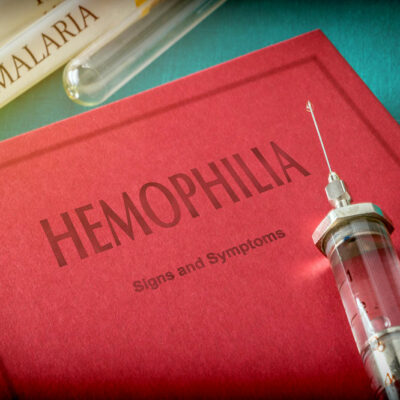
Health
Nutrition Tips to Help Manage Bipolar Depression
Bipolar depression is a mood disorder that demonstrates discernible changes in mood between extreme happiness and severe depression. These mood cycles tend to alternate between two extremes of either intense excitement or depression. However, states of depression tend to happen more frequently as compared to the euphoric ones. Studies reveal that bipolar depression and nutrition are linked. It is believed that a nutritious diet will help in long term recovery of the condition. Diet rich in vitamins is helpful A vitamin-rich diet plan needs to be followed to help alleviate symptoms related to bipolar depression. They help in your overall health and well-being. Complex supplements with folic acid have an energizing effect and help build up the immune system. Nutritionists recommend including vitamin B-1 (Thiamin), vitamin B-6 (Pyridoxine), vitamin B-12, vitamins A and D in everyday diet, as they have mood-elevating effects. Diet rich in whole grains The whole grain-rich diet has a calming and soothing effect on the mind. It boosts the production of serotonin in the brain. Foods, such as oatmeal, whole grain pasta, whole grain bread, quinoa, and brown rice, help to ease anxiety. Omega 3 fatty acids Omega 3 fatty acids are an essential part of nerve cells.
Read More 















